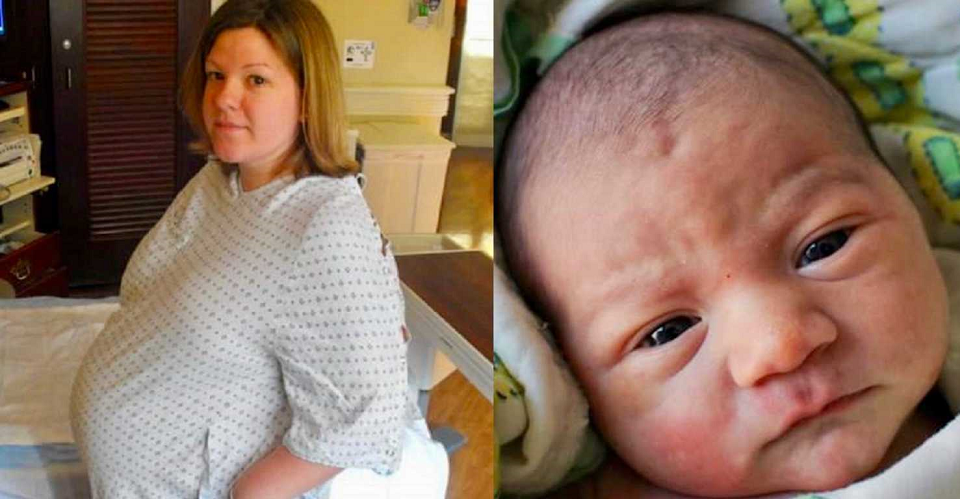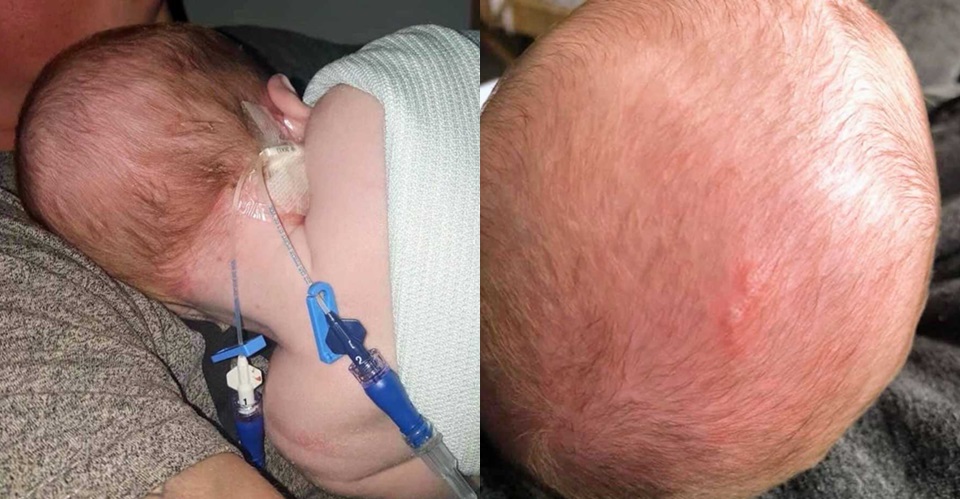My father was born 54 years ago and was the first in our family to have Ichthyosis, a rare skin problem passed from our parents. When I was born 26 years later, I also had the same disorder. Although I lived with my mom, who was seven hours away from him, it was comforting to have a father who understood what I was feeling and knew I was going through better than others.

It was hard to grow up and face many difficulties, like kids bullying me a lot. I remember being hit with rocks during recess and even kicked during gym class. One boy bullied me so severely that he always disheartened me that he was eventually suspended from school. But the moment that hurt me the most happened in 9th grade. On the school bus, a boy teased me by changing the song of a Mystikal song to say, “Take a bath, wash yourself,” because many kids called me “the smelly kid.” The creams we used for our skin had a strong smell, making me a target.
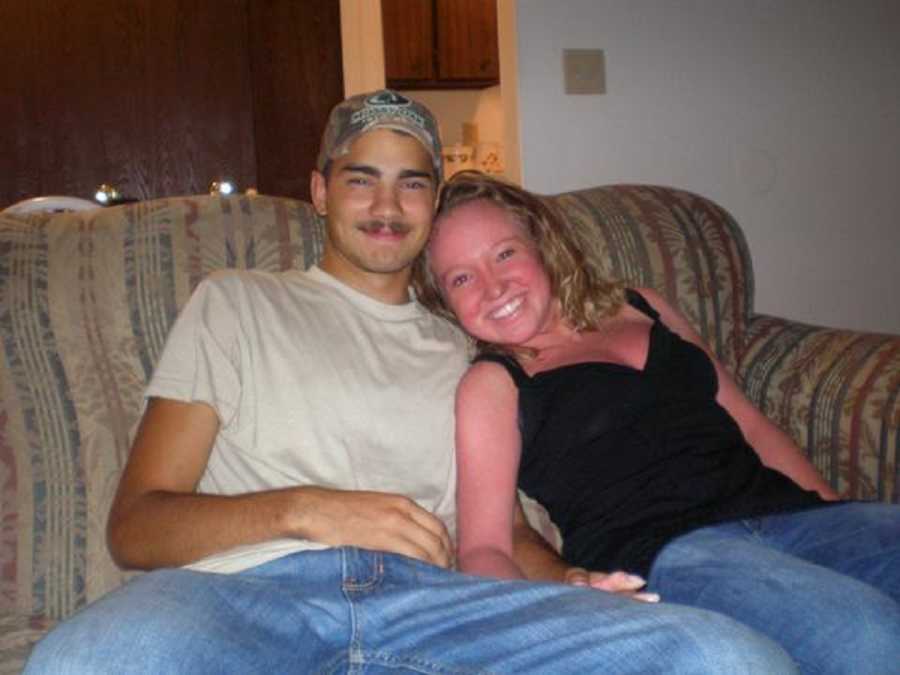
Even when I met my future husband, I was too shy to face him because of my skin problem and worried about how I smelled. When people asked if I was sunburned, which happened a lot, I would quickly change the topic. I dated a little in high school, but I never thought anyone would want to marry me, let alone have kids.
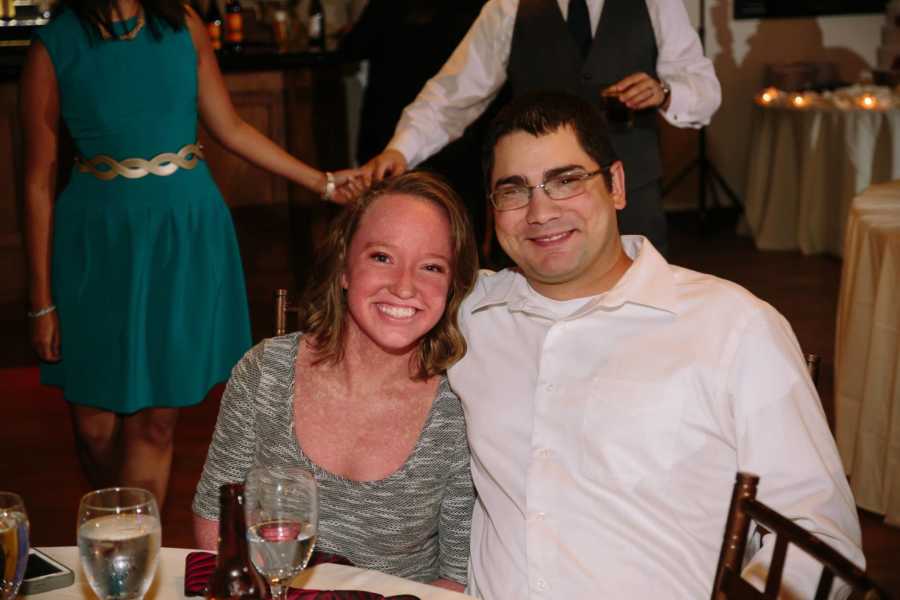
In my last year of high school, a boy sent me a friend request on Myspace. He thought my red skin was from being outside a lot. He said he didn’t know about my skin problem. At first, I was nervous even about holding his hand because my skin felt and looked different. The early part of our relationship was challenging. I struggled with self-doubt, but he always made me feel better and motivated me daily. Even after 10 years, he always tells me u look so beautiful. Now hurry, we are getting late.
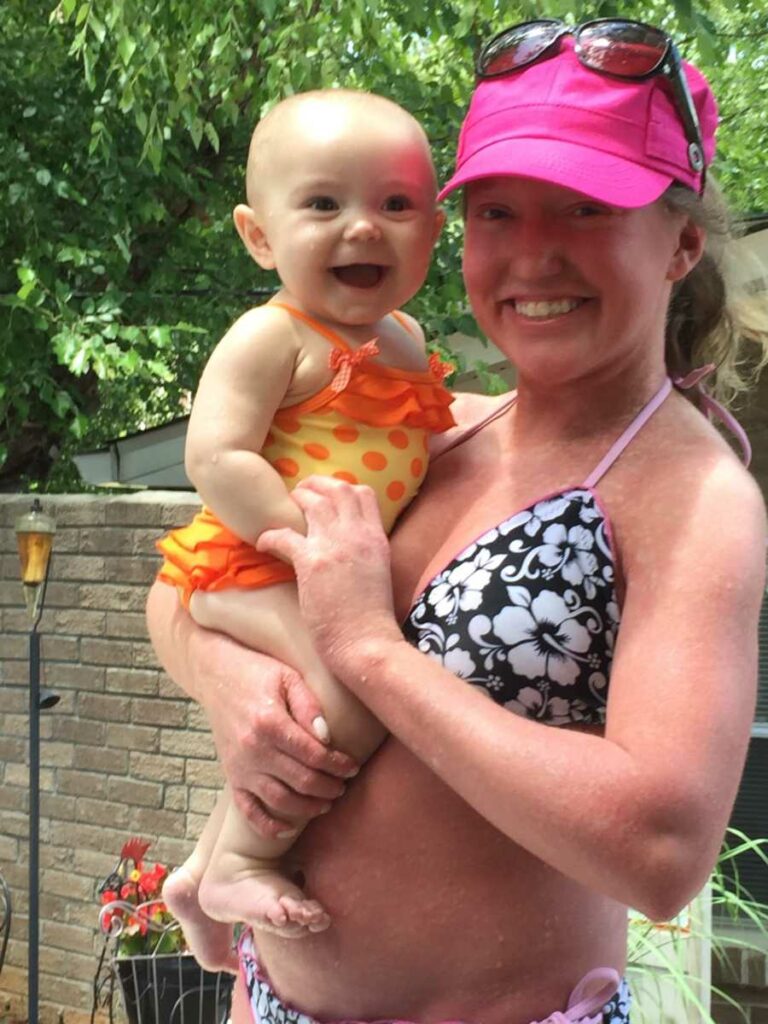
We got engaged three months after we met me at 18, him at 19 and moved in together shortly after. We got married in 2011 during a break in his military service. We talked often about having children. Even though Ichthyosis with confetti can be passed down with a 50% chance, we never thought about adoption. We believed that if our children had it, we’d know how to care for them and teach them to love themselves.
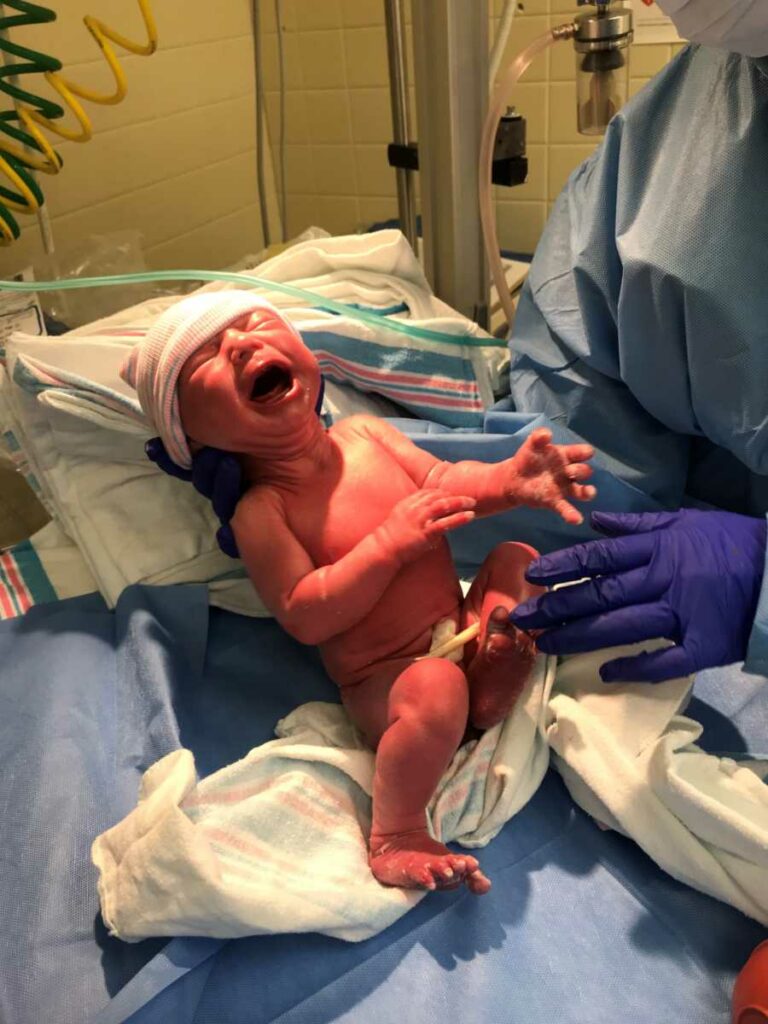
In 2014, I became pregnant. My pregnancy went well, though my skin worsened in the third trimester. On September 22, we welcomed our daughter, Sadie. She didn’t have the condition. A few years later, I became pregnant again and had a feeling this baby, a boy, would have Ichthyosis. I was right. We named him Jackson.
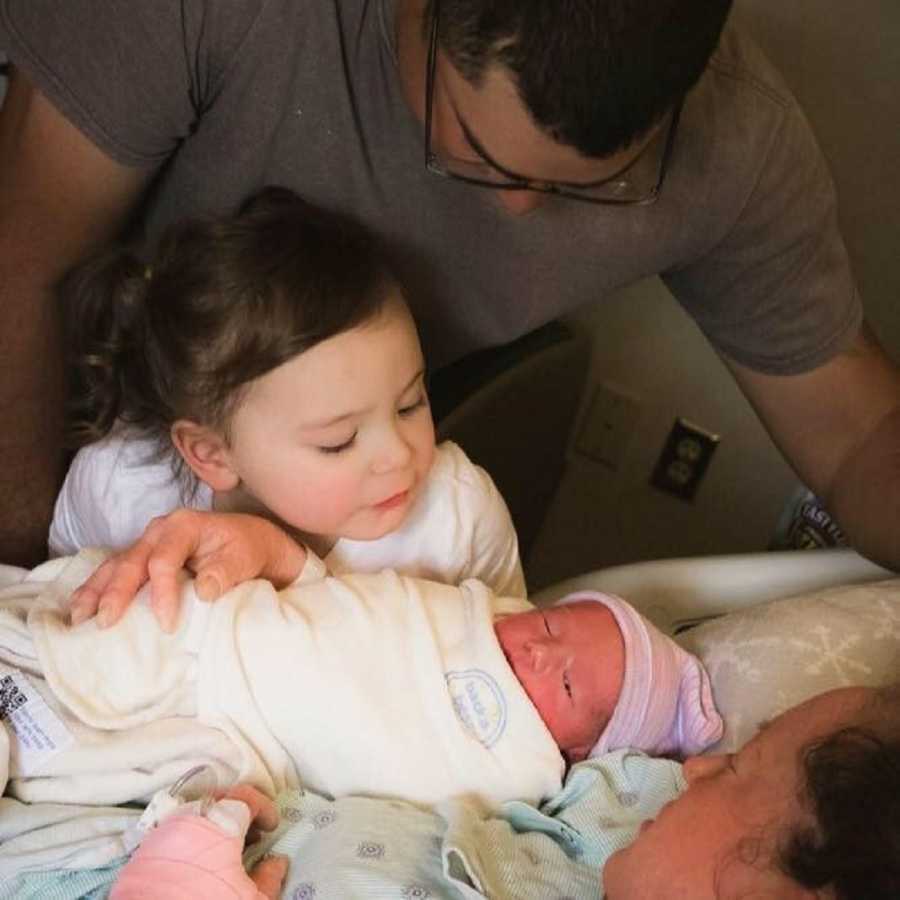
His birth wants me to share our story, give hope, and motivate other parents. I want them to know that a child can have a happy and fulfilling life regardless of any problem, such as skin or any other.

I want to pass on what I learn from three generations in my family. so I want to say that there is always hope


